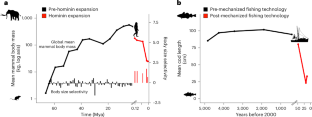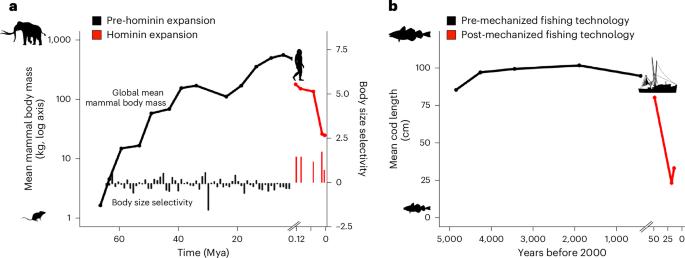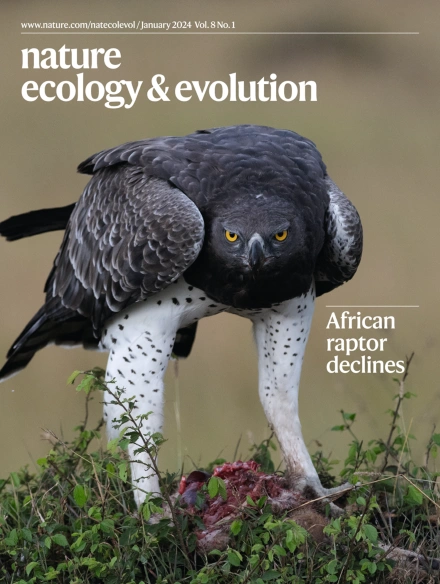全球粮食系统的生产力-稳定性权衡
IF 13.9
1区 生物学
Q1 ECOLOGY
引用次数: 0
摘要
从历史上看,人类对食物系统的管理是为了最大限度地提高生产力。这种追求极大地改变了全球陆地和水生生态系统,减少了物种多样性和物种体型,同时创造了高产但单一的环境。这种变化改变了生态系统的结构和功能,最终削弱了其稳定性。在有关全球粮食安全的讨论中,这种生产力与稳定性之间的权衡在很大程度上被忽视了。在此,我们综合了经验和理论文献,以证明生产力-稳定性权衡的存在,并论证将其明确纳入粮食系统可持续管理的必要性。我们首先探讨了人类管理食物系统的历史、人类管理对物种内和物种间平均体型的影响以及食物网的稳定性。然后,我们展示了体型的缩小是更广泛的生物同质化和食物网重新布线的征兆。我们展示了这种生物同质化是如何分解能量通道之间的相互作用并增加食物网内部的能量通量,从而威胁食物网的稳定性的。最后,我们综合了大规模的生态研究,证明了生产力-稳定性权衡的普遍性。我们的结论是,促进景观异质性和维护关键食物网结构的管理策略对于可持续粮食生产至关重要。本文章由计算机程序翻译,如有差异,请以英文原文为准。


The productivity–stability trade-off in global food systems
Historically, humans have managed food systems to maximize productivity. This pursuit has drastically modified terrestrial and aquatic ecosystems globally by reducing species diversity and body size while creating very productive, yet homogenized, environments. Such changes alter the structure and function of ecosystems in ways that ultimately erode their stability. This productivity–stability trade-off has largely been ignored in discussions around global food security. Here, we synthesize empirical and theoretical literature to demonstrate the existence of the productivity–stability trade-off and argue the need for its explicit incorporation in the sustainable management of food systems. We first explore the history of human management of food systems, its impacts on average body size within and across species and food web stability. We then demonstrate how reductions in body size are symptomatic of a broader biotic homogenization and rewiring of food webs. We show how this biotic homogenization decompartmentalizes interactions among energy channels and increases energy flux within the food web in ways that threaten their stability. We end by synthesizing large-scale ecological studies to demonstrate the prevalence of the productivity–stability trade-off. We conclude that management strategies promoting landscape heterogeneity and maintenance of key food web structures are critical to sustainable food production. A synthesis of empirical and theoretical literature shows the extent to which food production has homogenized and rewired food webs to increase productivity but with negative consequences for stability.
求助全文
通过发布文献求助,成功后即可免费获取论文全文。
去求助
来源期刊

Nature ecology & evolution
Agricultural and Biological Sciences-Ecology, Evolution, Behavior and Systematics
CiteScore
22.20
自引率
2.40%
发文量
282
期刊介绍:
Nature Ecology & Evolution is interested in the full spectrum of ecological and evolutionary biology, encompassing approaches at the molecular, organismal, population, community and ecosystem levels, as well as relevant parts of the social sciences. Nature Ecology & Evolution provides a place where all researchers and policymakers interested in all aspects of life's diversity can come together to learn about the most accomplished and significant advances in the field and to discuss topical issues. An online-only monthly journal, our broad scope ensures that the research published reaches the widest possible audience of scientists.
 求助内容:
求助内容: 应助结果提醒方式:
应助结果提醒方式:


